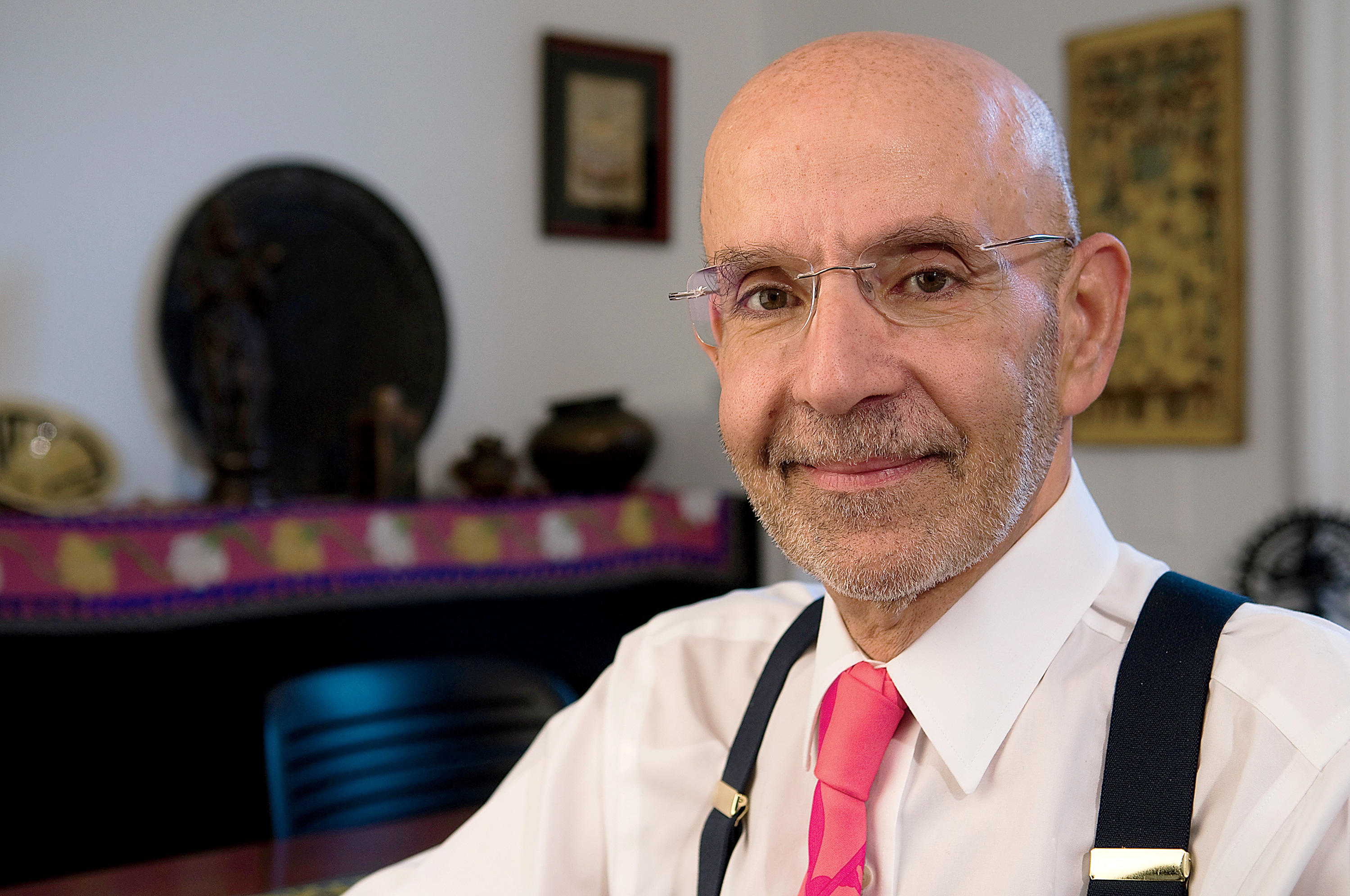On his first day at Columbia in 1978, Peter Awn, a newly minted assistant professor of religion, looked around the lecture room in Kent Hall and noticed something peculiar: some of the undergraduate students did not look the part. After class, he went to his department chair and said, “Who are those people?” The chair laughed and said, “Go over to Lewisohn Hall and find out.”
Awn went. There he discovered the School of General Studies, Columbia’s liberal-arts college for nontraditional students. Awn was intrigued. At the time, undergraduate studies at Columbia were locked in what Awn calls a “culture war”: many Columbia College partisans saw GS as “Columbia’s backdoor,” Awn says — a diluter of academic standards and a wrench in the College’s recruitment efforts. But Awn believed that GS, which was founded in 1947 in response to the flood of World War II veterans entering college on the GI Bill, could make Columbia’s undergraduate experience richer than any other in the Ivy League. He got involved with GS as a faculty member, serving on committees and advising students. He became dean in 1997. Over the next twenty years, he would transform the school in ways even he could not have imagined.
A self-described Brooklyn kid born to Lebanese Christian immigrants, Awn was ordained as a Catholic priest and earned a PhD in Islamic studies from Harvard before landing at Columbia. This eclectic background made him a perfect fit for GS, which had become a haven for career changers and people who had delayed or interrupted their college education. Some had raised families. Some had joined the workforce out of high school. Many were artists — musicians, ballet dancers — who spent their college years on the stage. Shortly after Awn became dean, the dot-com bubble burst and a horde of enterprising twentysomethings who had left school to pursue tech entrepreneurship decided it was time to go back; many came to GS. But it was in 2002, with the US fighting in Afghanistan and clearly gearing up for a major military conflict with Iraq, that Awn and vice dean Curtis Rodgers got together and said, “We should get back to our roots.”
Wanting to spread the word about the extraordinary opportunity for an Ivy League education that GS offers veterans, Awn and Rodgers intensified their veteran-recruitment effort, an endeavor soon aided by the Post-9/11 GI Bill. Currently, out of 2,100 students, GS has 460 veterans, making it “by far the most robust undergraduate veterans program” in the Ivies, says Awn, adding that reading The Iliad with students who have been to war is just one of the unusual opportunities that GS provides. Awn also speaks proudly of serving students whose education had been postponed due to medical or substance issues, and of formerly incarcerated people “who are enormously talented and who bring incredible value to the intellectual discourse.”
Now, after twenty years as dean, Awn is stepping down. “Part of the challenge of being an administrator is knowing when to pass the baton,” Awn says. “I wanted to pick a time when the school would be in such terrific shape, and the senior administration so supportive, that we’d have an orderly transition. This is that time.”
Things have come a long way since 1997. Under Awn, GS developed sophisticated metrics to evaluate not only whether prospective GS students “can do the work” but whether they will excel in the classroom and be “as good as the traditional students who come from highly selective private schools.” On the curricular side, Awn oversaw the creation of joint BA programs with Sciences Po in Paris, the City University of Hong Kong, and Trinity College Dublin.
Often, Columbia College alumni will tell Awn how much they valued learning with students whose paths were so different from their own. Awn concurs. “Consider,” he says, “that this year’s valedictorian is a Marine veteran, and the salutatorian is a woman in her sixties who raised three children and is a brilliant anthropologist.”
Next year, Awn will take academic leave, and then he’ll return to where he started at Columbia. “I’m going back to the classroom,” he says. “Which I love.”



